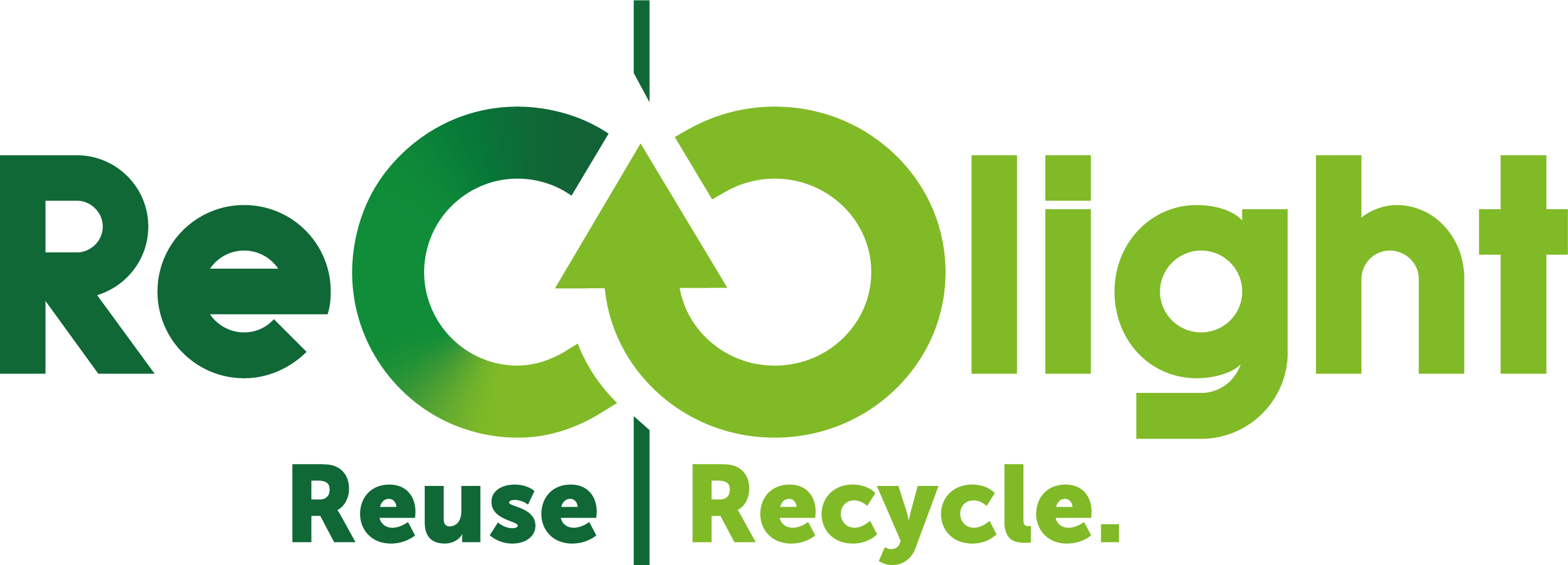UK becomes first in EU to transpose WEEE directive into national law
Yesterday the WEEE Regulations 2013 were laid before parliament, and will come into force on 1 January 2014.
The revised WEEE Regulations contain some important changes for the lighting industry:
- All lighting equipment to use an integrated LED light source are put in the same category as gas discharge lamps (category 13). This will avoid the risk of an orphan waste stream as gas discharge lamps are replaced by LED lamps, and increasingly by LED luminaires.
- Small Producers (companies placing less than 5 tonnes of equipment on the market) now have a low cost option of registering direct with the Environment Agency for just £30 per annum.
- The system for household WEEE will now be based upon a target for Producer Compliance Schemes (PCSs), and will include the option of paying a compliance fee if a PCS has not met the target. This means that PCSs are no longer forced to purchase recycling evidence from over-collecting schemes.
- There is a small but significant change to the way the new WEEE regulations will operate for non-household equipment. The new regulations now correctly implement the directive, making it clear that Producers may only use “alternative arrangements” where there is a direct agreement between the Producer and the business end user. Such alternative arrangements were used to pass responsibility for financing collection and treatment costs onto the business end user. Under the new regulations, Producers cannot pass this duty to business end users if sales go through intermediaries (eg Wholesalers or Contractors). This is of particular significance to the lighting industry, where many sales are through intermediaries.
Nigel Harvey, Chief Executive of leading lighting compliance scheme Recolight, commented on the publication of the WEEE Regulations: “The UK is the first EU Member State to have transposed the recast WEEE directive into national law. That is an excellent achievement for the Department of Business Innovation and Skills (BIS) – particularly given that some of the changes being made in the UK were far more wide ranging, and frequently more controversial than in most other Member States. The final outcome is a system that is fairer, will encourage higher recycling rates, and should ensure that the UK meets the targets laid down in the recast directive.”
He added, “We are really pleased that BIS has listened to the concerns raised by producers. The red tape challenge has been effective at converting the problems raised, into legislative change.”
“It is also important to note that the changes recognise the transformation taking place in the lighting industry, as gas discharge lamps are replaced by LED lamps, and increasingly by LED luminaires.”

